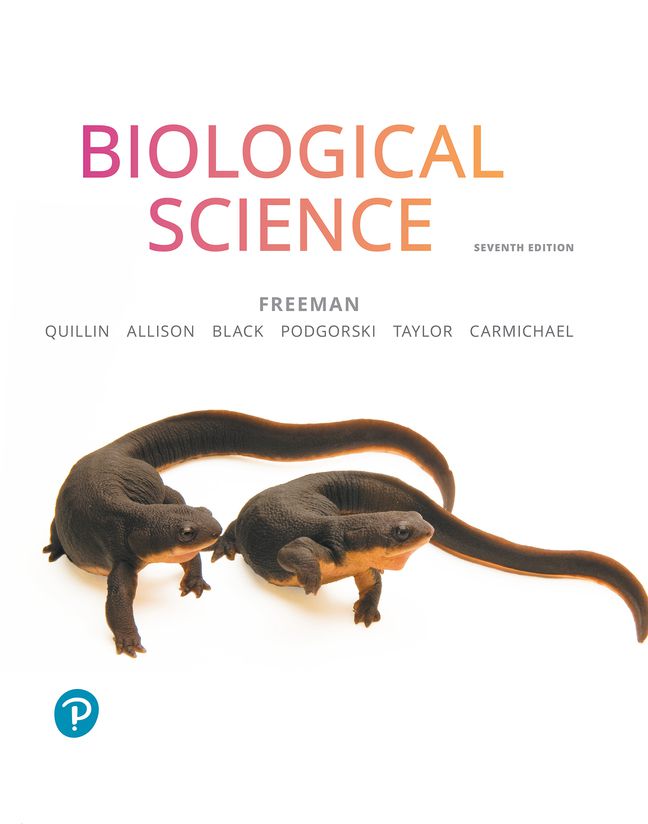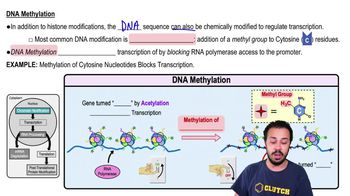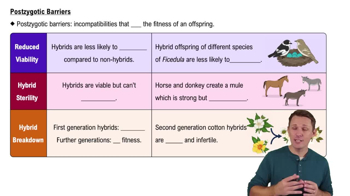Why was it logical to predict that amyloplasts function as statoliths?
a. They are dense and settle to the bottom of gravity-sensing cells.
b. They are present only in gravity-sensing cells.
c. They make a direct physical connection with membrane proteins that have been shown to be gravity-receptor molecules.
d. Their density changes in response to gravity.





